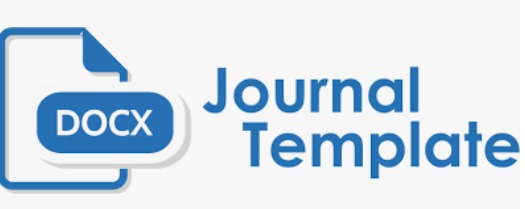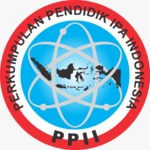Penerapan Model Pembelajaran Problem Base Learning (PBL) dalam Pembelajaran Fisika
DOI:
https://doi.org/10.29408/kpj.v7i2.20934Keywords:
Problem Base Learning (PBL), Learning outcomes, force and motionAbstract
A study entitled the application of the PBL (Problem Base Learning) learning model to the physics learning outcomes of class VIII students at SMPN 3 Selong has been carried out. This study aims to see whether there is an influence of the PBL (Problem Base Learning) learning model on student learning outcomes in the subject of style and motion in class VIII SMPN 3 Selong. This type of research is quantitative by measuring learning outcomes from the post-test results given at the end of learning. The population used in this study was class VIII, totaling 100 people. The total sampling technique took only two classes, namely class VIII A as the experimental class and class VIII B as the control class. The research hypothesis was carried out using the t test with the results obtained ?ℎ????? = 7.023 > ?????? = 1.763 ?0 rejected ?1 accepted using a significant level of 5%.References
Ahmad, F., Sukarmin, S., & Aminah, N. S. (2015). Pengaruh Pembelajaran Fisika pada Materi Fluida Dinamik Menggunakan Metode Problem Based Learning (PBL) dan Inkuiri Terbimbing Ditinjau dari Kemampuan Awal dan Sikap Ilmiah Terhadap Prestasi Belajar dan Kreativitas. Inkuiri, 4(2), 78–86.
Amir, M. T. (2016). Inovasi pendidikan melalui problem based learning. Prenada Media.
Islamiah, A. F., Rahayu, S., & Verawati, N. N. S. P. (2018). Efektivitas Model Pembelajaran Problem Based Learning Berbantuan LKS Terhadap Kemampuan Berpikir Kritis Fisika Siswa SMAN 1 Lingsar Tahun Ajaran 2016/2017. Lensa: Jurnal Kependidikan Fisika, 6(1), 29–36.
Ismatulloh, K., & Ropikoh, R. (2022). Penerapan Metode Pembelajaran Berbasis Masalah Terhadap Hasil Belajar Fisika Siswa. Kappa Journal, 6(1), 50–55.
Muspita, Z., & Hadiana, M. (2015). PENGARUH MODEL PEMBELAJARAN BERBASIS MASALAH TERHADAP KEMAMPUAN BERFIKIR KRITIS, MOTIVASI BELAJAR, DAN HASIL BELAJAR IPS SISWA. Jurnal EducatiO, 10(2).
Prayogi, S., & Asy’ari, M. (2013). Implementasi model PBL (Problem Based Learning) untuk meningkatkan hasil belajar dan kemampuan berpikir kritis siswa. Prisma Sains: Jurnal Pengkajian Ilmu Dan Pembelajaran Matematika Dan IPA IKIP Mataram, 1(1), 80–88.
Romadhoni, I., Mahardika, I. K., & Harijanto, A. (2017). Penerapan model pembelajaran problem based learning (PBL) disertai media CD interaktif terhadap hasil belajar dan aktivitas belajar siswa pada pembelajaran fisika SMA di kabupaten Bondowoso. Jurnal Pembelajaran Fisika, 5(4), 329–336.
Sitompul, E. H. (2021). PENERAPAN MODEL PEMBELAJARAN PROBLEM BASED LEARNING UNTUK MENINGKATKAN KEAKTIFAN DAN HASIL BELAJAR SISWA PADA MATA PELAJARAN PEMBIAKAN TANAMAN KELAS X ATPH SMKN 1 LEBONG TAHUN PELAJARAN 2021/2022. Seminar Nasional Pendidikan Profesi Guru FKIP UAD, 1(1).
Yulianti, E., & Gunawan, I. (2019). Model pembelajaran problem based learning (PBL): Efeknya terhadap pemahaman konsep dan berpikir kritis. Indonesian Journal of Science and Mathematics Education, 2(3), 399–408.
Yunita, N., Zahara, L., & Sahidi, K. (2020). Pengaruh Model Problem Based Learning (PBL) Melalui Lesson Study Terhadap Kemampuan Berpikir Kritis Siswa. Kappa Journal, 4(2), 233–239.









